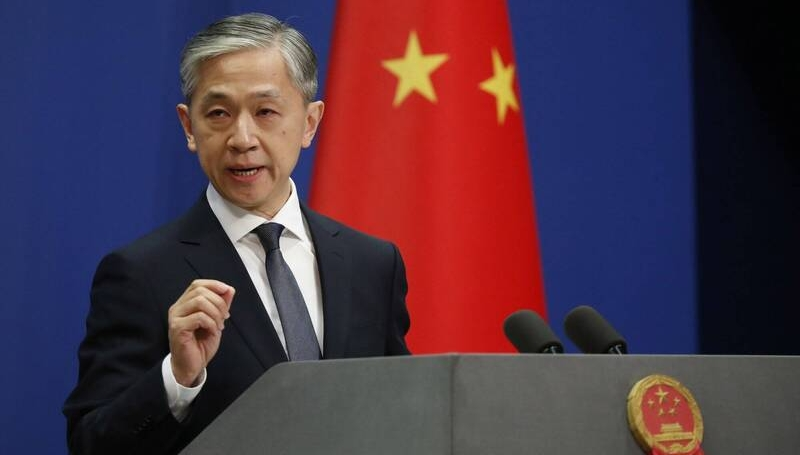Honduras to shift its diplomatic recognition from Taiwan to China
Xiomara Castro, the presidential candidate for the opposition Libre Party, speaks during the closing rally of her electoral campaign in San Pedro Sula, Honduras, Nov.20, 2021. Photo: REUTERS/Yoseph Amaya
On March 14, Honduran president Xiomara Castro announced in a tweet that Honduras is preparing to shift its diplomatic recognition from the Republic of China (Taiwan) to the People’s Republic of China. The original tweet translated into English is as follows:
I have instructed Foreign Minister Eduardo Reina to manage the opening of official relations with the People's Republic of China, as a sign of my determination to comply with the Government Plan and expand the borders freely in concert with the nations of the world.
President Castro is affiliated with the Liberty and Refoundation Party in Honduras, a party generally recognized as anti-capitalist and socialist. When she was just elected in January 2022, she said that she “had no plans to establish formal diplomatic relations with the People’s Republic of China.”
The Pacific and Central American regions have been spots of the contest for diplomatic relations between mainland China and Taiwan for decades. More recently, since 2017, three Central American countries of Panama, the Dominican Republic, and El Salvador recognized the People’s Republic of China and cut ties with Taiwan. If Honduras cuts its formal diplomatic ties with Taiwan, the number of countries with formal diplomatic relations with Taiwan will be further reduced to 13.
Jeff Y.J. Liu, the spokesperson of the Foreign Ministry of Taiwan claimed that although Taiwan would strive its best for its diplomatic relation with Honduras, it will not put itself into a financial contest with mainland China. At the same time, he reminded the Honduran government that they should not be lured by the temporary benefits granted by China, which according to Liu will ultimately lead Honduras into a debt trap.
Wang Wenbin, the spokesperson of the foreign ministry of China, said that the recent move by the Honduran government was “wholeheartedly welcomed by China.” Photo: Xinhua Press
Wang Wenbin, the spokesperson of the foreign ministry of China, praised the decision of President Castro. “The One China Principle is the foundation of China’s diplomatic relations with other countries,” said Wang. He claimed that the countries establishing closer ties with China all enjoyed founded benefits for their people by cooperating with China. “More opportunities for Honduran economic development and people’s well-being are bestowed,” said Wang. Wang also emphasized that Taiwan is an inseparable part of China, the insisted denial of which by the current Taiwanese leadership is destined to fail.
On Chinese social media, this is celebrated as another victory of Chinese diplomacy and a further step in the ultimate reunification of Taiwan with mainland China.
Many politicians and diplomats of the US objected to the decision of President Castro. Most notably, John D. Feeley, the American ambassador to Panama from 2015 to 2018, argued that “the People’s Republic of China over-promises and under-delivers” and the diplomatic relation with China “is not money for nothing and chicks for free.” Both points have been rebuked by the Chinese foreign ministry. Meanwhile, Tomas Zambrano, an opposition Honduran lawmaker, pointed out that the decision would likely affect the country's relationship with the US, its top trade partner, noting that many families depend on remittances sent from the north, namely the US.
With the incessant controversy going on, it is still uncertain how the relations between China and Honduras or other Central American countries in the longer term.


